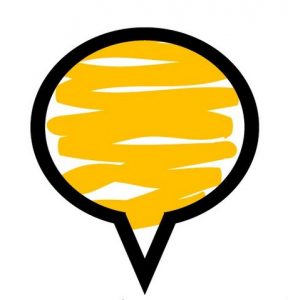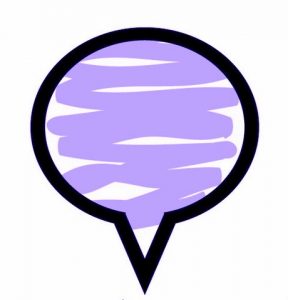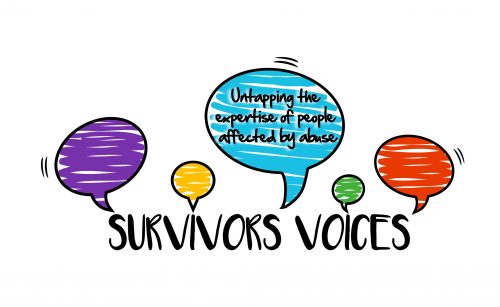![]()
Survivors Voices (formerly known as S:VOX (Survivors Voices)) was started in 2000. Over the last 20+ years, we have championed survivors voices and enlightened self-help by :
![]() running over 100 self-help group sessions for adult survivors of childhood abuse, violence and trauma at national events
running over 100 self-help group sessions for adult survivors of childhood abuse, violence and trauma at national events
![]() supporting 7 regular local and virtual peer support groups for survivors and supporters
supporting 7 regular local and virtual peer support groups for survivors and supporters
![]() running 4 residential self-help weekends for survivors
running 4 residential self-help weekends for survivors
![]() facilitating workshops on the use of creative expression and peer support for recovery
facilitating workshops on the use of creative expression and peer support for recovery
![]() creating a manual and training programme for facilitators of peer support groups
creating a manual and training programme for facilitators of peer support groups
![]() running training courses to help set up self-help groups
running training courses to help set up self-help groups
![]() running survivor-led training and seminars at conferences on topics such as:
running survivor-led training and seminars at conferences on topics such as:
![]() Helping Without Hurting; Exploding Myths of Abuse; Understanding Self-Harm; Domestic Violence; Supporting Male Survivors; Creativity;
Helping Without Hurting; Exploding Myths of Abuse; Understanding Self-Harm; Domestic Violence; Supporting Male Survivors; Creativity;
![]() hosting panel discussions on response to abuse within faith communities
hosting panel discussions on response to abuse within faith communities
![]()
contributing to national safeguarding policy in faith communities and representing survivor perspectives at conferences /professional forums
![]() advocating with survivors to help them report their experiences of abuse
advocating with survivors to help them report their experiences of abuse
![]() undertaking training and consultancies with organisations on how to respond to abuse
undertaking training and consultancies with organisations on how to respond to abuse
![]() facilitating regular peer support online since 2000
facilitating regular peer support online since 2000
From 2016 we re-focussed our aims (including a name change from S:VOX to Survivors Voices) and our work now takes place under three strands:
 Survivor-led research and policy work – to address the need for survivor’s voices in academic research, public policy and practice and to create psychoeducation materials to guide survivors in making informed choices about their own recovery.
Survivor-led research and policy work – to address the need for survivor’s voices in academic research, public policy and practice and to create psychoeducation materials to guide survivors in making informed choices about their own recovery.

Survivor-led training and consultancy to help organisations develop and deliver trauma-informed and survivor-sensitive services.
 Survivor-led creative projects, self-help and peer support including in person and online peer-support groups, writing groups and publications, and projects such as exploring the role of creative expression and spirituality in trauma recovery.
Survivor-led creative projects, self-help and peer support including in person and online peer-support groups, writing groups and publications, and projects such as exploring the role of creative expression and spirituality in trauma recovery.

